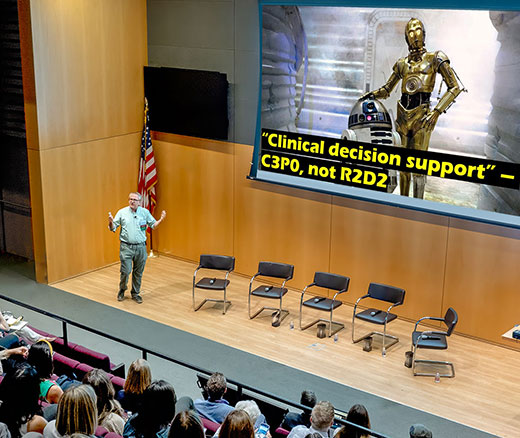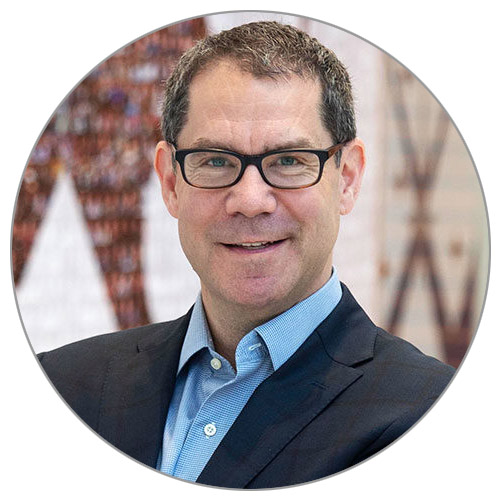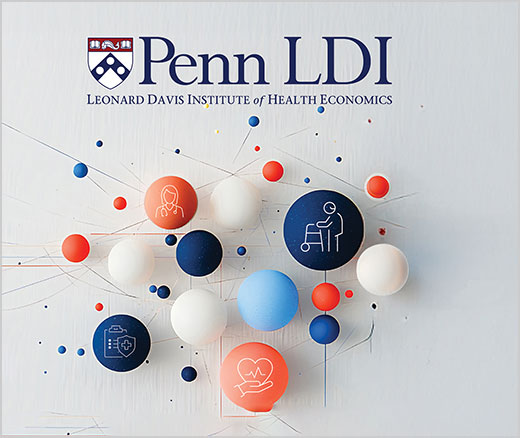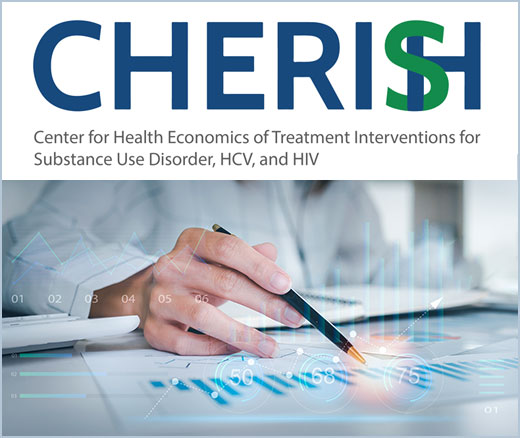
In the Loop or On the Loop: The Conundrum of AI Clinical Decision Support
2025 Penn Nudges in Health Care Symposium Focuses on the Human-Machine Interface
Population Health
News
Justin Bekelman, LDI Senior Fellow and the Director of the University of Pennsylvania’s Center for Cancer Care Innovation (PC3I) at the Abramson Cancer Center, has been named a member of the National Academies of Sciences, Engineering, and Medicine’s National Cancer Policy Forum (NCPF).
Bekelman joins 43 other top cancer experts from 22 universities and 22 other research centers, pharmaceutical companies, the Centers for Disease Control and Prevention (CDC), National Cancer Institute (NCI), Food and Drug Administration (FDA), and American Cancer Society (ACS) in a national effort to address the critical policy issues related to the country’s second most deadly disease.

The NCPF was established by the National Academies in 2005 to enable academic, government, industry, and other oncology authorities to meet and collaborate on public policy issues relevant to the goals of preventing, mitigating, and curing cancer. Its work has been boosted by the Biden Administration’s 2022 call for U.S. scientists to find ways to cut the death rate from cancer by at least 50% over the next 25 years.
Bekelman, MD, a Professor of Radiation Oncology, Medicine, and Medical Ethics and Health Policy at the Perelman School of Medicine, launched PC3I in 2018 to bring together researchers and practicing oncology clinicians at Penn in the development, testing, and scaling of innovative cancer care solutions.
His personal research has been funded by NCI, ACS, Patient-Centered Outcomes Research Institute (PCORI), Commonwealth of Pennsylvania, and other philanthropic sources. That work has focused on oncological care delivery and payment reform improved through the integration of methods from other scientific fields of study including innovation, epidemiology, clinical trials, behavioral health, health economics, and public policy.
Bekelman previously served as an advisor to the Centers for Medicare and Medicaid Services (CMS) on cancer care payment reform and innovation and was a Special Assistant to the Under Secretary of Defense in the U.S. Department of Defense. A board-certified radiation oncologist, he completed his medical training at Yale University, Johns Hopkins University, and the Memorial Sloan Kettering Cancer Center.

2025 Penn Nudges in Health Care Symposium Focuses on the Human-Machine Interface

Former Philadelphia Health Commissioner Warns That Gutting the CDC, Undermining Vaccines, and Politicizing Science Will Leave the U.S. Dangerously Unprepared for the Next Pandemic

Some Hospice Agencies Adjusted Admissions and Discharges to Maximize Payments

New Program Launches Research Initiatives Focused on Improving Primary Care for Older Adults

Rural Parents Had More Emergency Visits and Insurance Loss Than Urban Peers, an LDI Study Shows. Integrated Baby Visits Could Help All Parents Be Healthier

Penn and Four Other Partners Focus on the Health Economics of Substance Use Disorder